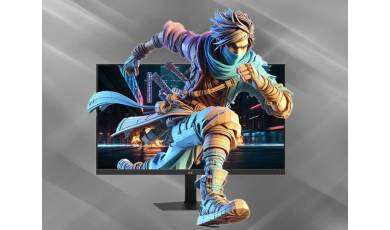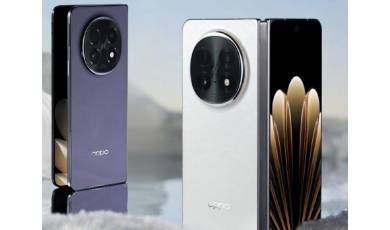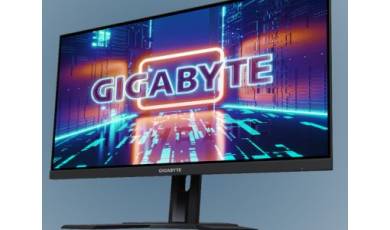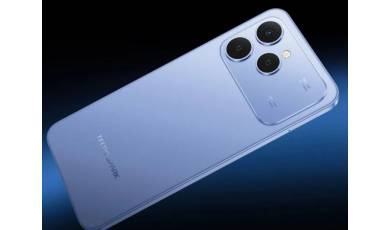Samgle 3G 3310 specs.
Mobiles >> Samgle >> Samgle 3G 3310| Specifications | Reviews | Secret codes |

Basic Information Samgle 3G 3310
Brand:
Samgle
Type:
Bar Phone
RAM: Random Access Memory
Random Access Memory
64MB
ROM:
128MB
External Memory:
TF card up to 32GB (not included)
Network Samgle 3G 3310
Network type:
GSM+WCDMA
Frequency:
GSM 850/900/1800/1900MHz WCDMA 900/2100MHz
Bluetooth: Bluetooth is used to exchange data between nearby mobile devices.
Bluetooth is used to exchange data between nearby mobile devices.
Yes
Display Samgle 3G 3310
Screen Size: This diagonal display size is usually measured in inches.
This diagonal display size is usually measured in inches.
2.4 inch
Screen Resolution: Screen resolution refers to the size of the image received on the screen in pixels
Screen resolution refers to the size of the image received on the screen in pixels
240x320
Camera Samgle 3G 3310
Camera type:
Single camera
Back-camera:
0.08MP ( SW 2.0MP )
Connectivity Samgle 3G 3310
SIM Card Slot:
Dual SIM,Dual Standby
TF card slot:
Yes
Micro USB Slot:
Yes
Audio out port:
Yes (3.5mm audio out port)
Dimensions Samgle 3G 3310
Product size:
12.78 x 5.45 x 1.45 cm / 5.03 x 2.15 x 0.57 inches
Package size:
15.00 x 15.00 x 4.00 cm / 5.91 x 5.91 x 1.57 inches
Product weight:
0.0950 kg
Package weight:
0.1900 kg
Comments, Questions and Answers about Samgle 3G 3310
Ask a question about Samgle 3G 3310





